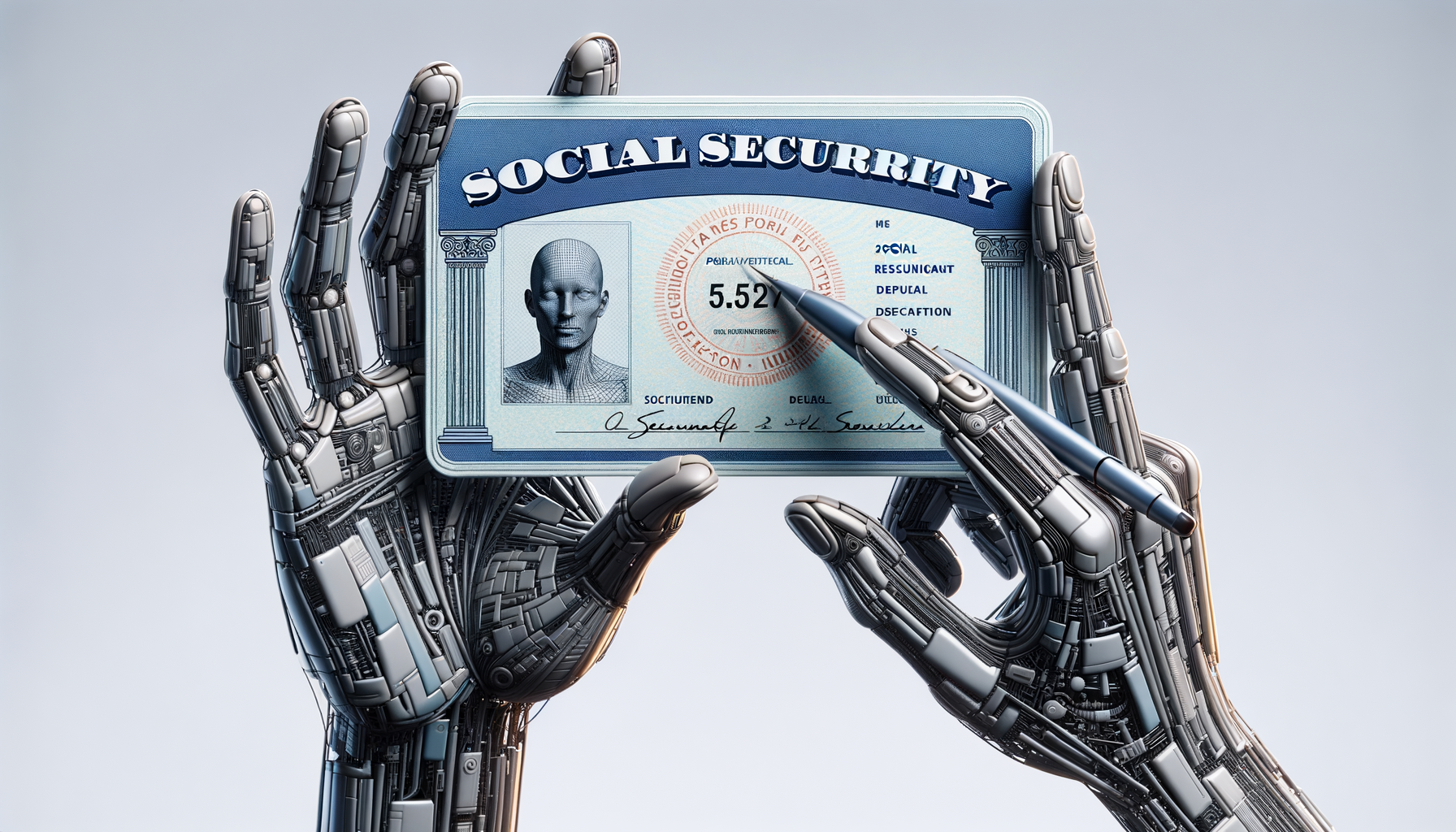
Understanding Social Security Card Matters: Replacement and Protection
Understanding the Importance of Your Social Security Card
Your Social Security card is more than just a piece of paper; it is a critical document that links you to your identity and financial history in the United States. This card contains your Social Security Number (SSN), a unique identifier that the government uses to track your earnings and the benefits you are entitled to receive. The SSN is essential for various purposes, including filing taxes, opening bank accounts, and applying for jobs. Losing this card can lead to significant inconvenience and potential security risks. Therefore, understanding its importance and knowing how to protect it is crucial for safeguarding your personal information.
When you consider the role of the Social Security card, it becomes evident why its protection is paramount. Identity theft is a growing concern, and your SSN is a key target for thieves. They can use it to open fraudulent accounts, file false tax returns, and even commit crimes in your name. Protecting your Social Security card involves more than just keeping it in a safe place; it requires vigilance and knowledge of what to do if it is lost or stolen.
To emphasize its importance, consider these key points:
- The SSN is a lifelong identifier; once issued, it remains yours forever.
- It is used to calculate your benefits for Social Security programs, including retirement and disability benefits.
- Your SSN is required for various legal and financial transactions, making it a cornerstone of your identity.
Understanding these aspects can help you appreciate why safeguarding your Social Security card is not just advisable but necessary.
Steps to Take If Your Social Security Card is Lost or Stolen
Discovering that your Social Security card is missing can be alarming, but knowing the appropriate steps to take can help mitigate potential risks. The first action is to assess whether the card is truly lost or stolen. If you suspect theft, it is crucial to act quickly to protect your identity and financial standing. Here are some essential steps to consider:
1. **Report the Loss:** Contact the Social Security Administration (SSA) as soon as possible to report the loss. While they do not typically issue new numbers unless there is evidence of misuse, they can provide guidance on protecting your identity.
2. **Monitor Your Credit:** Request a free credit report from major credit bureaus to check for any unauthorized activities. This can help you spot any fraudulent accounts or transactions early on.
3. **Place a Fraud Alert:** Consider placing a fraud alert on your credit file. This notifies creditors to take extra steps to verify your identity before opening new accounts in your name.
4. **File a Police Report:** If you believe your card was stolen, filing a police report can provide an official record of the theft and may be required by some creditors or the SSA.
5. **Apply for a Replacement Card:** You can apply for a replacement card through the SSA’s website or by visiting a local office. You will need to provide identification and complete the necessary forms to receive a new card.
By following these steps, you can better protect yourself from identity theft and ensure that your Social Security benefits remain secure. It’s also wise to keep a close eye on your financial accounts and be vigilant for any unusual activity.
Protecting Your Social Security Number from Identity Theft
Proactively protecting your Social Security Number (SSN) is a vital step in safeguarding your identity. While losing a physical card is concerning, the misuse of your SSN can have far-reaching consequences. Here are some strategies to keep your SSN secure:
1. **Limit Sharing:** Only provide your SSN when absolutely necessary. Many organizations request it, but not all legally require it. Always ask if it is mandatory and how it will be used and protected.
2. **Secure Storage:** Keep your Social Security card in a safe place at home, such as a locked safe, and avoid carrying it in your wallet or purse unless necessary.
3. **Shred Documents:** Shred any documents that contain your SSN before disposing of them. This includes old tax returns, bank statements, and any correspondence that may have your number.
4. **Use Strong Passwords:** Protect online accounts that may contain sensitive information with strong, unique passwords and enable two-factor authentication where possible.
5. **Stay Informed:** Regularly check your credit report and financial statements for any signs of suspicious activity. Early detection is key to minimizing the impact of identity theft.
By taking these precautions, you can significantly reduce the risk of your SSN being used fraudulently. Remember, vigilance and proactive measures are your best defense against identity theft.


